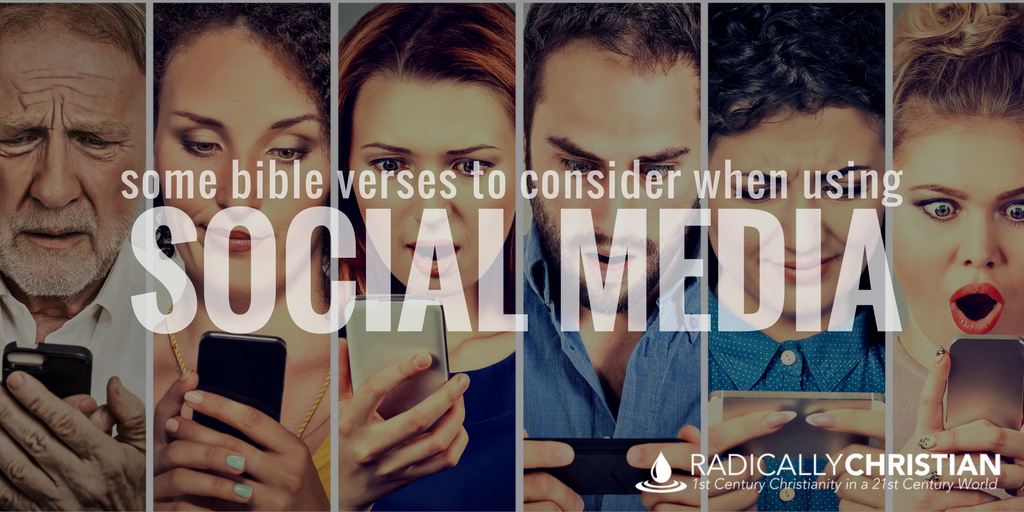Engaging with Culture and Media: A Christian Perspective
In the labyrinth of my life’s journey, woven with threads of technology, travel, and personal trials, I’ve discovered an unexpected harmony between the empirical world and faith. This interplay extends to how we, as Christians, engage with culture and media—an increasingly complex and influential part of our daily lives.
Reflecting on my own experiences, I’ve often grappled with doubts and questions about my faith, much like many others navigating today’s media-saturated environment. Yet, it is through these doubts that I’ve found a deeper, more resilient faith. The key, I’ve learned, is not to shy away from the challenges but to face them with an openness grounded in biblical wisdom.
Relevance to Christian Faith and Society
Engaging with culture and media is not merely a peripheral concern; it sits at the heart of how we express and live out our faith in a contemporary context. Media shapes our perceptions, values, and behaviors, making it crucial for Christians to engage thoughtfully and ethically with this influential force.
Scripture offers rich insights for navigating this terrain. Romans 12:2 (NIV) reminds us, “Do not conform to the pattern of this world, but be transformed by the renewing of your mind. Then you will be able to test and approve what God’s will is—his good, pleasing and perfect will.” This transformation involves critically assessing the content we consume and the messages we internalize, aligning them with our faith’s core values.
Balancing Truth and Grace, Justice and Mercy
Addressing culture and media through a Christian lens requires balancing truth with grace, and justice with mercy. We are called to stand for truth while being compassionate and understanding toward those who hold different views. Ephesians 4:15 (NIV) encourages us to “speak the truth in love,” fostering dialogue that is both honest and respectful.
Moreover, issues of justice depicted in media call us to respond with Christ-like mercy. Micah 6:8 (NIV) states, “He has shown you, O mortal, what is good. And what does the Lord require of you? To act justly and to love mercy and to walk humbly with your God.” This directive challenges us to advocate for justice while embodying humility and compassion.
Practical Engagement with Media
Engaging with media constructively involves several practical steps:
- Discernment: Develop a habit of critically evaluating media content. Ask whether it aligns with biblical truths and promotes values that reflect Christ’s teachings.
- Moderation: Practice media moderation, ensuring that consumption does not overshadow time spent in prayer, scripture, and meaningful community activities.
- Creation: Contribute positively by creating content that inspires, educates, and uplifts, reflecting the values of love, justice, and truth.
- Engagement: Engage in conversations about media ethics, advocating for responsible and truthful representation in all forms of media.

Impact on Society and Individual Lives
The impact of media on individuals and communities can be profound. It shapes societal norms and can either reinforce or challenge prevailing injustices. For example, portrayals of poverty and injustice in media can drive awareness and prompt action among Christians. Witnessing such depictions during my travels has deepened my commitment to social justice, echoing the Christian mandate to “defend the weak and the fatherless; uphold the cause of the poor and the oppressed” (Psalm 82:3, NIV).
Similarly, the digital age offers Christians unprecedented opportunities to share the Gospel and advocate for social change. By leveraging platforms responsibly, we can amplify voices that call for mercy, love, and justice, creating ripples of positive change.

Personal Reflections and Challenges
My own journey has not been free of struggle. Launching a consulting firm and facing health challenges have tested my resilience. These trials taught me the value of leaning on prayer and scripture, particularly when navigating media’s often overwhelming and conflicting narratives. Exploring forgiveness, especially after personal betrayal, highlighted the profound intersection of Christian ethics and media representation of relational restoration.
I often draw inspiration from stories and teachings reflected in previous articles, such as “Engaging with Culture and Media: A Guide to Christian Ethics” and “Christian Ethics in Media: Navigating Modern Culture with Faith”. These reflections offer valuable insights for dealing with contemporary ethical dilemmas.
Invitation to Reflect and Act
As we reflect on our engagement with culture and media, let us be mindful of our influence and responsibility. Consider your media habits, the content you consume, and the messages you share. How can they better reflect the love, justice, and truth of Christ? Engage in conversations, advocate for ethics in media, and contribute to creating a more just and compassionate society.
I invite you to join this journey of harmonious integration of faith and media, celebrating the tensions and discoveries therein. Together, we can navigate cultural complexities with a faith that is both rooted and dynamic, ever reflecting the enduring presence and love of Christ in our lives.
Focus Keyphrase: Christian ethics and media




This article resonates with me deeply. As someone who values social justice, I appreciate the emphasis on balancing truth with grace and justice with mercy. However, I struggle with the traditional interpretations of some biblical passages. How can we reconcile these teachings with a progressive worldview that embraces inclusivity and equality for all?
Thank you for taking the time to read this article. I wrote it to explore the challenges and opportunities we face as Christians in a media-saturated world. My hope is that it encourages you to think critically about your media consumption and inspires you to engage with culture in ways that reflect Christ’s love and truth.